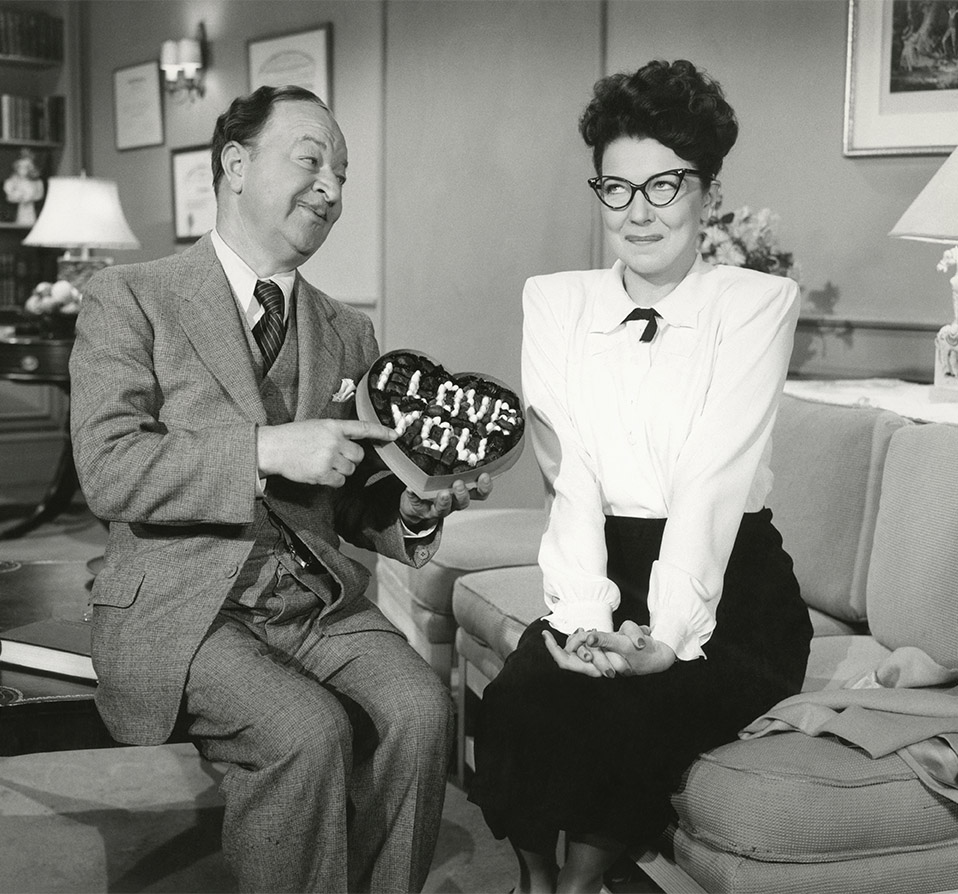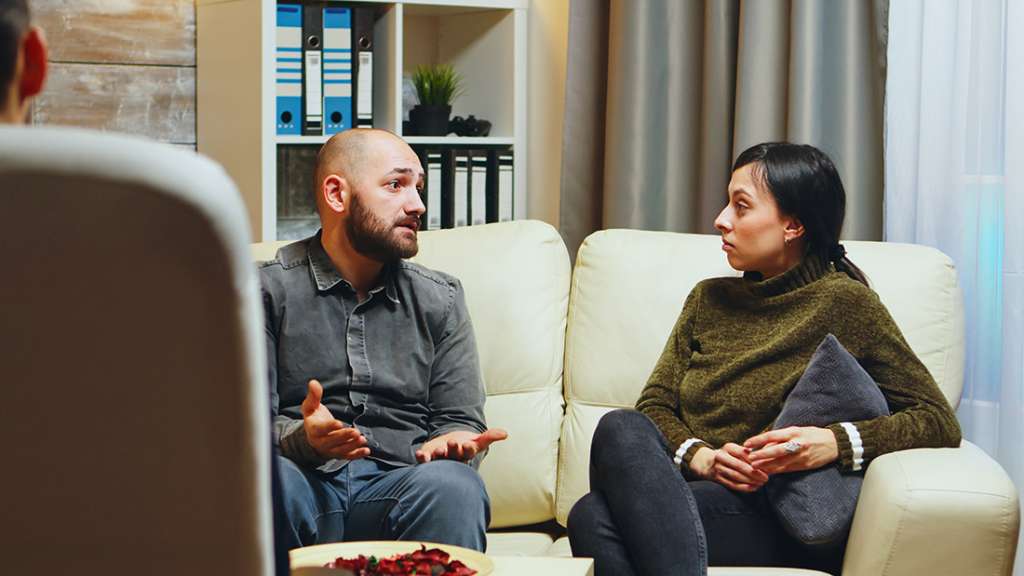One of the most common issues couples face is how self-doubt can lead both men and women to reject love, gifts, and affection in their relationships. While self-doubt is a universal human experience, how it manifests and affects our relationships can vary from person to person. Let’s dive into this topic and explore how it can sabotage otherwise healthy partnerships.
The Seed of Self-Doubt
Self-doubt is like a tiny seed that, when left unaddressed, can grow into a massive obstacle in our relationships. It often begins as an internal struggle, questioning our worthiness and the validity of the love we receive. This self-doubt can be triggered by past experiences, societal pressures, or even our own insecurities. The key is understanding that self-doubt affects both men and women, and it doesn’t discriminate based on gender.
The Rejection of Love
Men and women can both reject love when they allow self-doubt to take root in their hearts. For men, this can manifest as an inability to accept emotional intimacy. They may avoid deep conversations, deny their need for emotional connection, or even distance themselves from their partners, thinking that they aren’t deserving of such love.
Women, on the other hand, may reject love by doubting their partner’s affection. They might second-guess compliments, question their partner’s loyalty, and interpret acts of love as insincere or insufficient. In both cases, these self-doubts can turn into a vicious cycle, causing partners to feel unappreciated and misunderstood.
The Gift-Giving Dilemma
Gift-giving is a wonderful way to express affection, but self-doubt can turn it into a tricky territory. Men often find themselves hesitant to receive gifts from their partners because they fear it might make them appear vulnerable or dependent. In their minds, accepting a gift might signal weakness, and they want to maintain their sense of self-sufficiency.

For women, the situation can be just as perplexing. Self-doubt might make them hesitant to accept gifts because they doubt whether they deserve such gestures. They might feel unworthy of the love that their partner is trying to convey through these acts of kindness. This creates a barrier to receiving love and affection in the form of gifts.
Affection Aversion
Affection, whether it’s in the form of physical touch or verbal expressions of love, is another area where self-doubt can sabotage relationships. Men who doubt their self-worth may shy away from physical affection, thinking they don’t deserve it. They may also struggle to express their emotions verbally, fearing that their vulnerability will be seen as a sign of weakness.
On the flip side, women who doubt themselves may interpret a lack of physical affection as a sign that they are not loved. They might misinterpret their partner’s silence or reserve as a lack of interest, when in fact, it might be a manifestation of their own self-doubt. The affection they long for becomes more and more elusive, causing strain in the relationship.
Breaking the Cycle of Self-Doubt
If you recognize these patterns in your own relationship, consider these ways to break free from the clutches of self-doubt and strengthen the bonds of love and affection.
1. Self-Awareness: The first step is recognizing and acknowledging your own self-doubt. This awareness allows you to confront and address the underlying issues that fuel your doubts.
2. Open Communication: Talk to your partner about your insecurities. Sharing your feelings of self-doubt can foster understanding and empathy, helping your partner support you.
3. Practice Self-Compassion: Learn to be kind to yourself. Self-compassion can help you counteract feelings of unworthiness and promote self-acceptance.
4. Accept Love and Affection: Practice accepting love, gifts, and affection from your partner. Allow yourself to believe that you deserve these expressions of love. Remember that love is a gift, and receiving it is not a sign of weakness.
5. Challenge Negative Beliefs: Work on challenging the negative beliefs and thoughts associated with self-doubt. Recognize that these beliefs are not facts but mere perceptions colored by your insecurities.

Conclusion
Self-doubt can be an adversary in any relationship, affecting both men and women alike. When allowed to fester, it can lead to the rejection of love, gifts, and affection, causing strain and unhappiness in our partnerships. The key to breaking free from this destructive cycle is self-awareness, open communication, self-compassion, and a willingness to accept the love that others offer.
Remember that love is a beautiful and precious gift. By confronting self-doubt and learning to embrace love and affection, you can strengthen your relationship and find the happiness and fulfillment that you deserve. Love is worth embracing and celebrating, so don’t let self-doubt stand in your way.

